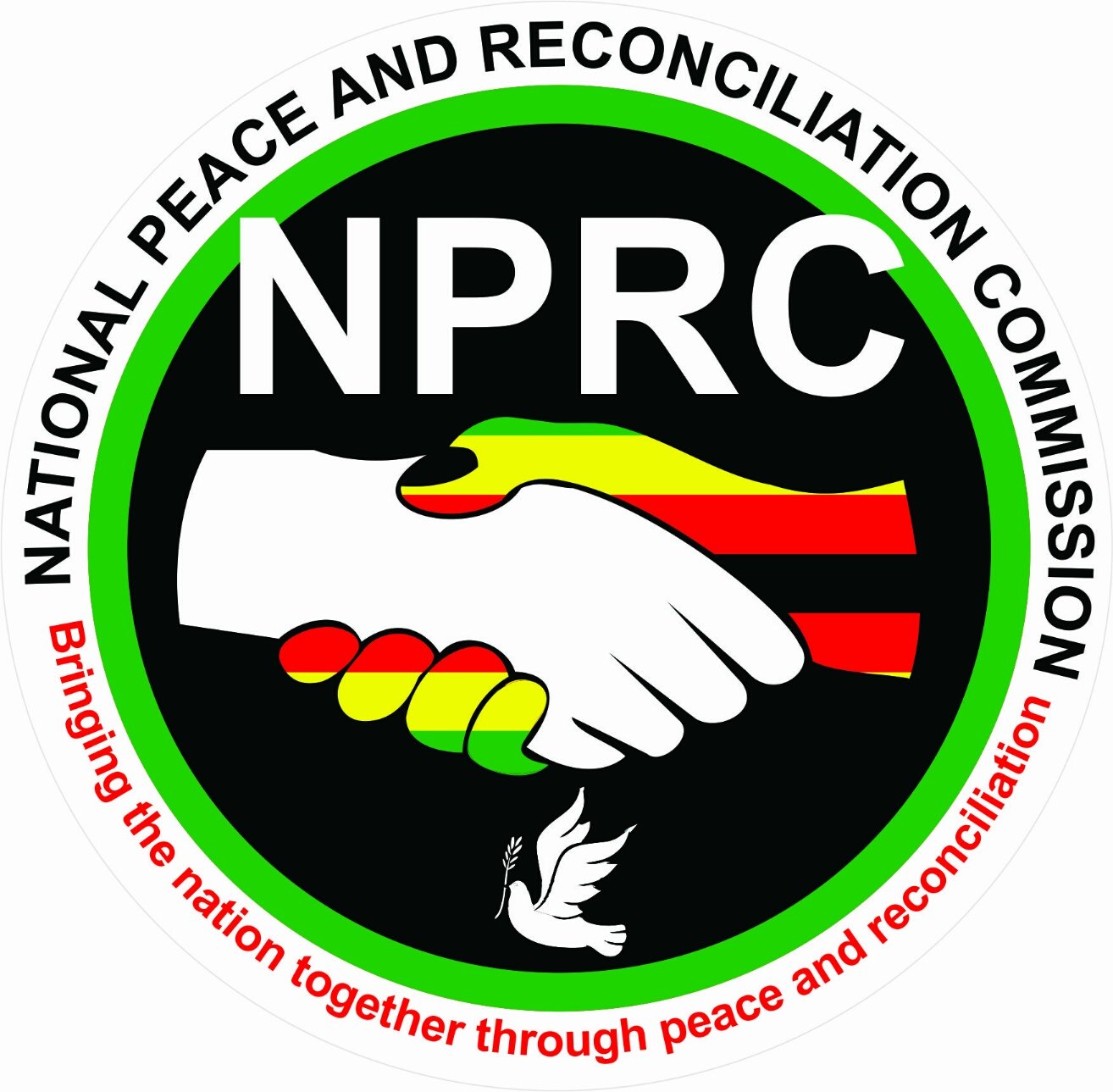By Faith Bahela
The national healing and reconciliation process remains a contested subject since Zimbabwe’s independence in 1980 with human rights activists continuing to pile pressure on the government to ensure past wounds of the country’s dark past including the Gukurahundi massacres among others are addressed once and for all.
The government, in response to the pressures, in August 2013 set up the National Peace and Reconciliation Commission (NPRC).
Having delivered no tangible results and closure to the aggrieved yet, the civic society has said it expects better from the commission.
The NPRC had set April 2020 as a month to start outreach programmes across the country, a process that would have kicked off the healing and reconciliation process but unfortunately put on freeze in response to measures set to curb the spread of Covid-19.
In an interview, Habakkuk Trust chief executive officer, Dumisani Nkomo, said they expected the commission to put across frameworks that ensure the advancement of justice before taking off.
“Frameworks have to be put in place before coming to the ground,” Nkomo said.
“These may include but not limited to protective measures for victims and whistle blowers and also mechanisms that make sure justice is delivered specially to identify perpetrators.”
Reiterating Nkomo’s sentiments, Mthwakazi Republic Party (MRP) national organising secretary, Patrone Xaba, said as long as there were ministerial powers towards the functionality of the commission, justice would not be achieved.
“Ministerial powers towards the functions of the commission cripples their ability to attain transparency and accountability,” he said.
“The reason being that perpetrators are protected and ultimately the whole process becomes a fallacy.”
Bulawayo United Residents Association (BURA) secretary, Methuseli Mpofu, said the work at hand was a mammoth task for the commission.
“We are not aware of the planned outreach programme by the NPRC,” said Mpofu.
“No adequate awareness to inform residents on such crucial activities has been made. We feel the commission should correct that or they will feel we are crushing into national processes while it’s part of our democratic rights.”
The NPRC is also mandated to put mechanisms towards rehabilitating, treating and supporting victims of various injustices.
Community Transformation Reconciliation and Development Trust (COTRAD) programmes officer, Zivanai Muzorodzi, said compensation of victims should also be considered in the process.
“Compensation should be incorporated into the framework of the commission, including collaboration with civic society, chiefs, village herds and church leaders in building peace communities at grass root level to address conflicts and compensation issues,” Muzorodzi said.
With the commission having failed to create truth-telling mechanisms, BURA and civic groups are advocating for measures that ensure accountability and transparency.
“The NPRC should set up investigative mechanisms to deliver closure to victims dating back to Gukurahundi and bring perpetrators to book,” Mpofu said.
With the commission’s 10 year life span about to end, civic groups advocate for its extension.
“The life span of the commission should be extended, seeing that no productive work has been done to alleviate past injustices and arrive at a united and healed Zimbabwe,” said Zivanai.
In the wake of post-conflict Zimbabwe, the NPRC, civic society organisations have said, should incorporate citizen engagement and collaboration with them, create truth-telling mechanisms together with an extended lifespan for competency in addressing issues that have long been overlooked.

